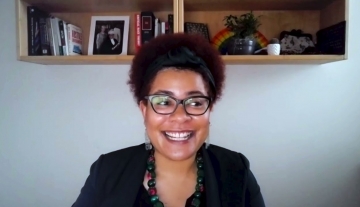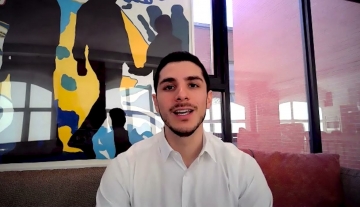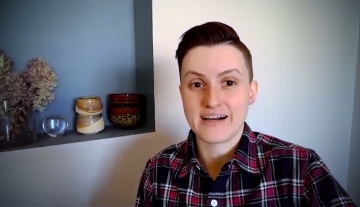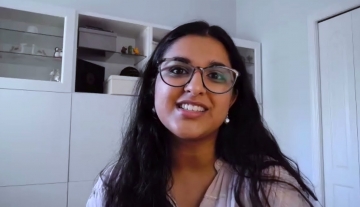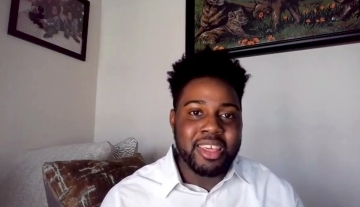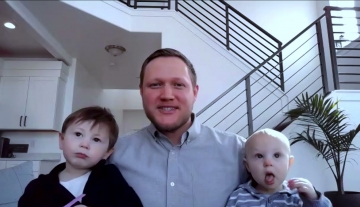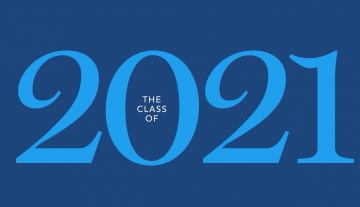Jillian Williams ’21: Providing a Voice to People and Communities
Williams shares how the Harlan Fiske Stone Moot Court shaped their Law School experience and what the law means to them.
Hometown: Detroit
Law for me is . . . “service, plain and simple. We are so privileged to get the education that we do, and it is an opportunity for us as law students and later as attorneys to lend expertise and give voice to people and communities who haven’t had the same opportunities as us and have more direct and dire needs.”
Before Columbia: Williams’ interest in election law and advocacy began as a child, and they vividly remember accompanying their mother to vote. After graduating from Duke University, Williams worked as an organizer on environmental and public health issues and then, in 2016, spent two years working on election and ethics compliance for progressive PACs and nonprofit groups: “It gave me a chance to fall in love with election law and with statutory interpretation . . . and that’s where I started when I came to law school.”
Harlan Fiske Stone Moot Court: “If I had told myself as a 1L, ‘You will be doing [moot court] for the next two years,’ I don’t think I would have believed me, but I’m really glad that I did it,” they say. This year, Williams wrote the fictional moot court problem, which set fraud claims in the context of the Paycheck Protection Program, and served as the competition’s director. “That was really challenging and unexpected, but really rewarding.”
Embracing leadership: “I was really floored as a 1L when some of my peers recommended that I become a 1L rep for the Black Law Students Association,” says Williams. “I do think of leadership as an opportunity to serve, and so I felt very compelled that if people wanted me to serve, I should genuinely consider it. Coming out of law school, that’s a focus that I want to keep, but also remembering, too, that in leadership positions, not only am I capable of serving, but I actually feel comfortable.”
Honors and activities: Recipient of the Campbell Award; director, Harlan Fiske Stone Moot Court Competition; vice president, Black Law Students Association; symposium and book review editor, Columbia Law Review.
Next steps: After graduation, Williams will be working as an associate in the litigation practice group of Arnold & Porter Kaye Scholer’s Washington, D.C., office.
